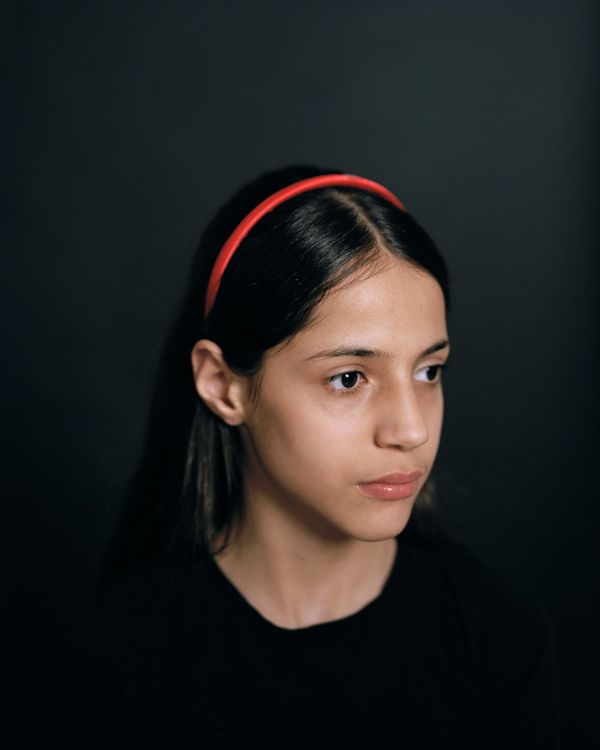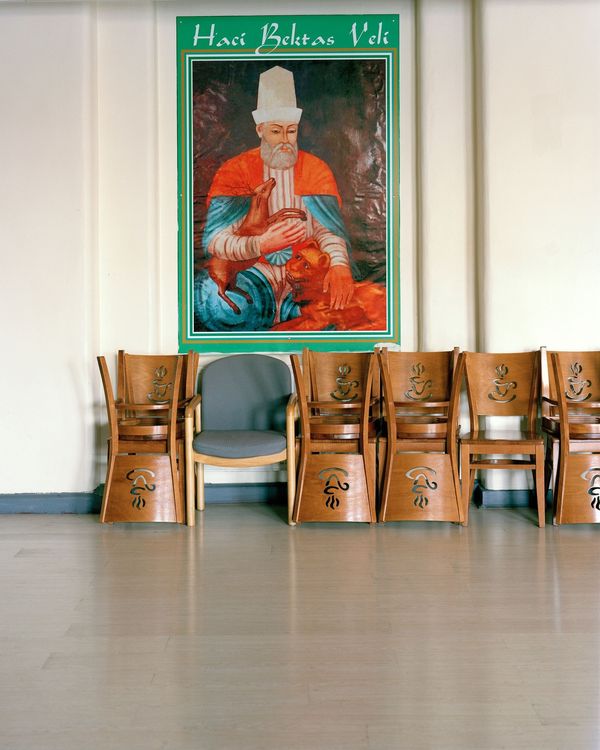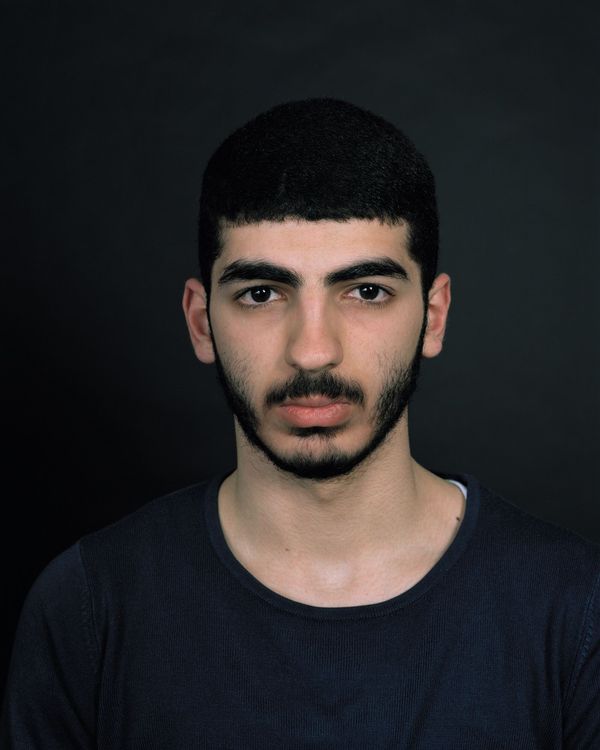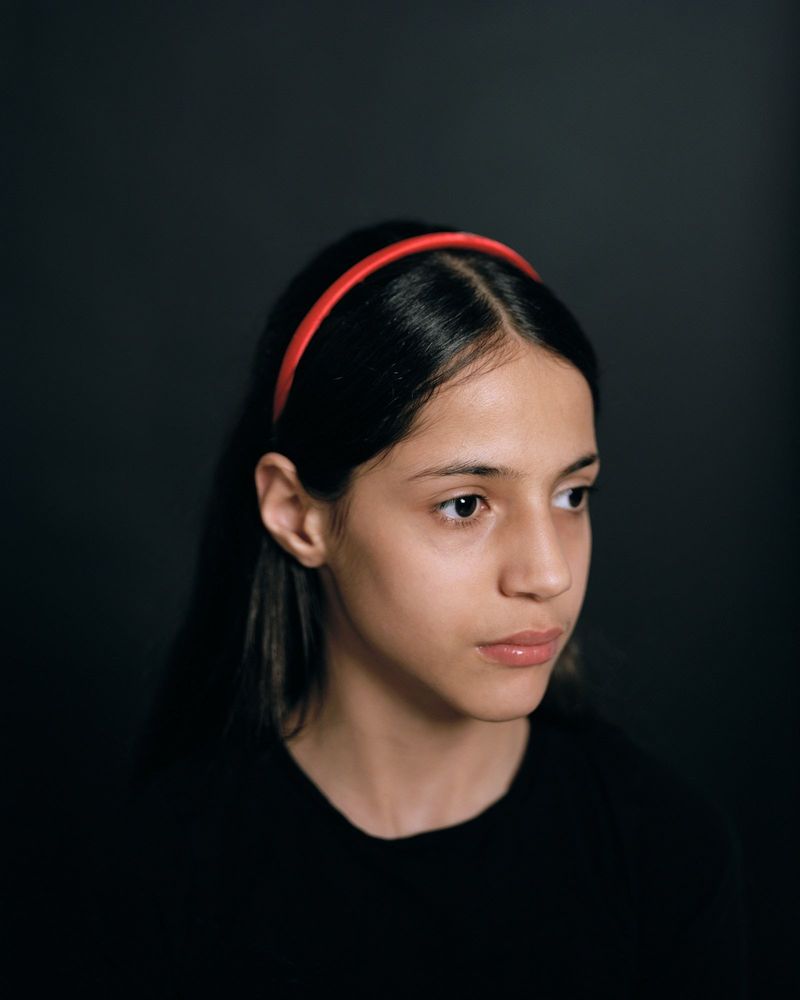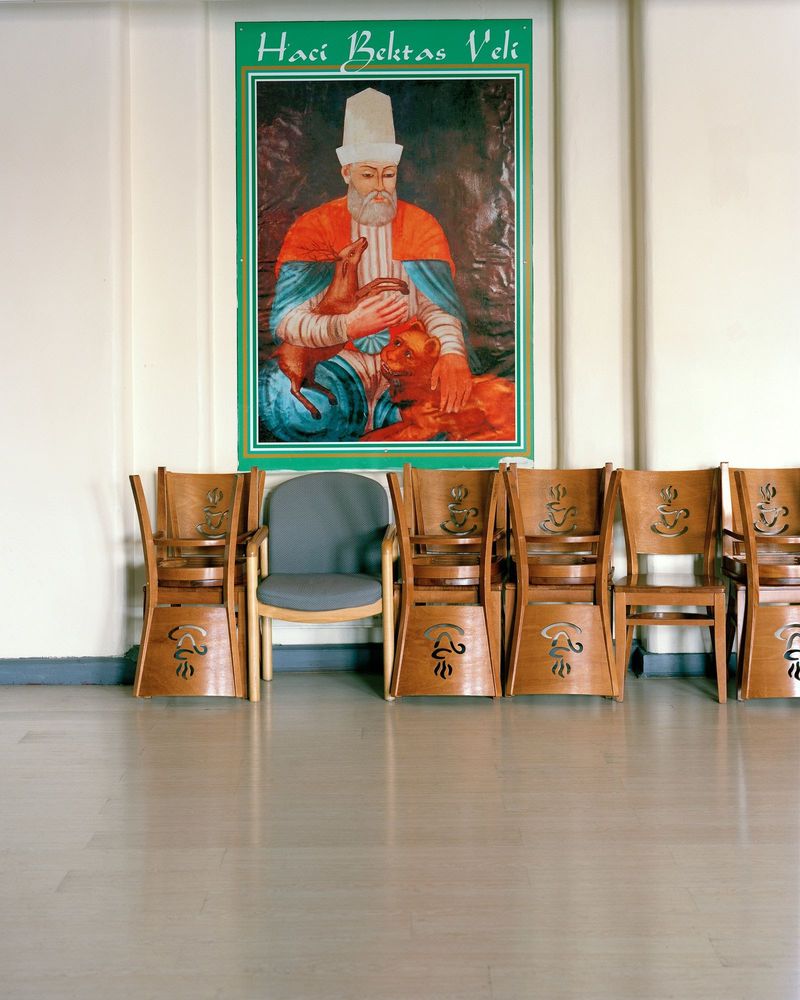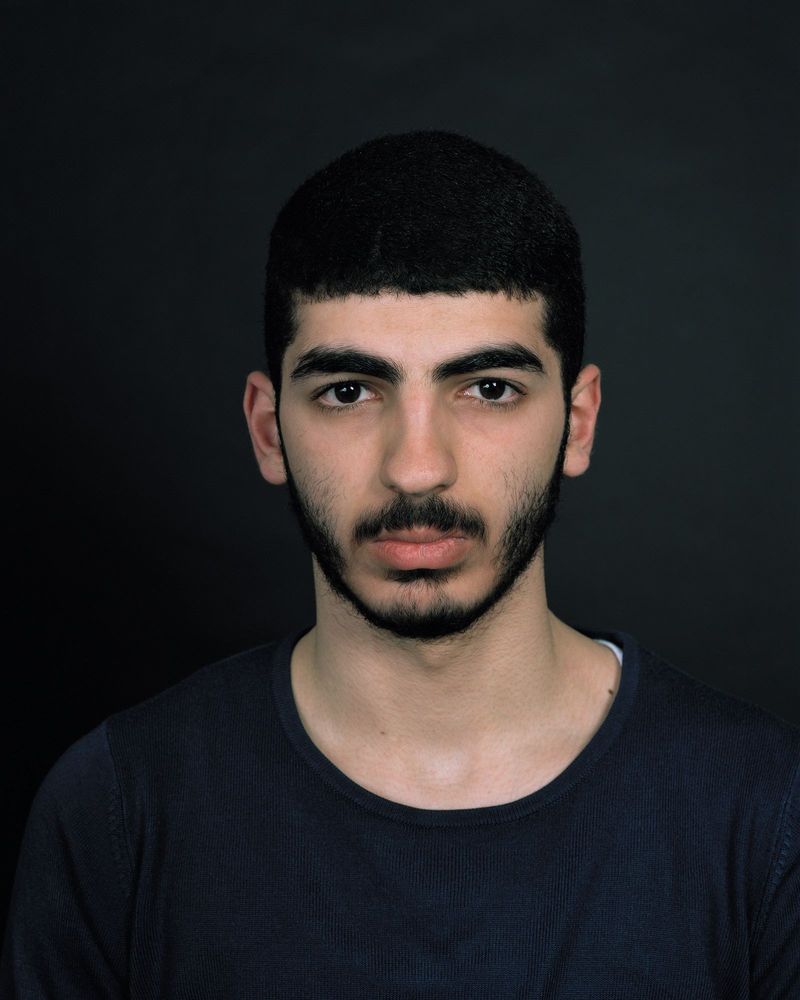Opening the Door to a Hidden Community
-
Published14 Feb 2017
-
Author
In her work about London’s Alevi community, Jo Phipps shines a light on a little-known belief system with ancient roots.
In her work about London’s Alevi community, Jo Phipps shines a light on a little-known belief system with ancient roots.
It was while studying an MA in photography at the Royal College of Art that Jo Phipps approached the London Alevi Centre, close to her studio in East London. Curious about a place she says, “always seemed to have an open door,” Phipps met with the leaders of the Centre and began a deep engagement with the Alevi community for the next 18 months.
Since the 1980s, the Alevi people have migrated to London and other European cities from Turkey, Kurdistan, Iran, and Syria. For centuries this people – whose spiritual beliefs and practices are rooted in tolerance, freedom, justice, democracy, progress, and equality for women – has suffered persecution, which has sometimes forced them to conceal their identities, says Phipps.
Keen to understand how Alevi identity is re-imagined and re-transmitted to the Alevi youth through oral traditions, Phipps attended the Cemevi (a house of gathering) almost daily, participating in music and dance lessons, memorials, youth meetings, sacred monthly rituals and other gatherings at which epic stories and ancient poetry were relayed.
After a while, and as she built trust with members of the Alevi community, Phipps started to collaborate and make the photographs that would become The Gathering. At the time she was also researching critical ideas around portraiture including the kinds of encounters viewers might experience when looking at portraits.
In particular Phipps made large-scale portraits (5 x 4 ft.) of some of the younger members. "My camera worked as a tool to just spend time with people and really learn," says Phipps. "I wanted the portraits to be free from spectacle or obvious cultural signification so I shot the subjects at the Alevi Centre, alone against a black background on a 5 x 4 large format film camera."
Her portraits of London-born Alevi youth formed the core of Phipps’ final degree show at the RCA, but she also made atmospheric still life images of the Cemevi interiors, depicting posters, paintings and statues of Alevi philosophers and poets, and other objects in the space.
In addition, Phipps is working with youth leaders at the Centre to gather an archive of personal photographs. This archive will be free from institutional or state control and available for the Alevi’s own use in the future.
"The Gathering is mostly about increasing visibility of a really unique and special belief system and a thriving community that a lot of people aren’t aware of,” says Phipps. “I wanted to convey a sense of openness and interest without proposing any set impression or fixed narrative. At my most hopeful I’d like the work to evoke the same curiosity about Alevism [for others] that the centre’s open door evoked for me. And perhaps for us to consider the value of such open doors."
--------------
Jo Phipps is a British documentary photographer concerned with the potentiality of portraiture to enable an affectual or empathetic encounter. Follow her on PHmuseum, Twitter, and Instagram.
Gemma Padley is a freelance writer and editor on photography, based in the UK. Follow her on Twitter and Instagram.
--------------
Early Careers focuses on a series by a photographer from the Photographic Museum of Humanity’s online community.
